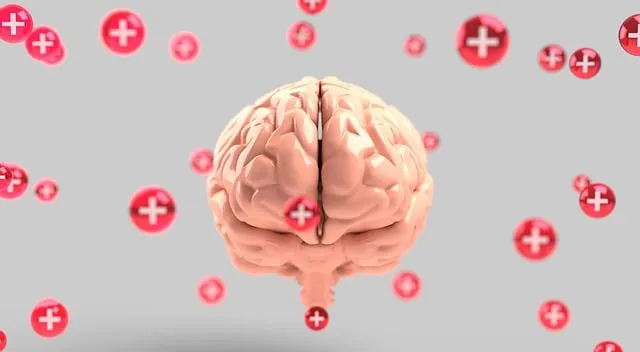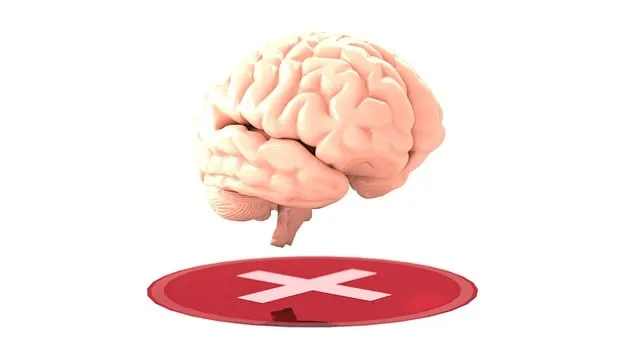Kaiser Permanente behavioral health services Centennial focuses on building resilience through the RFM (Resilience, Flexibility, Mastery) model, empowering individuals with adaptability and emotional well-being. This innovative program includes social skills training, self-care practices, and risk management planning, normalizing mental health support within the organization and leading to better patient care. Simple exercises like compassion cultivation and mindfulness meditation enhance resilience, available through resources like Kaiser Permanente Centennial, promoting empathy, present-moment awareness, stress reduction, and overall well-being.
Resilience is a critical component of well-being, enabling individuals to bounce back from challenges. RFM (Recovery, Flexibility, and Mastery) is a proven framework that empowers people to build resilience. This article explores the role of RFM in fostering mental toughness, drawing insights from Kaiser Permanente Behavioral Health Services Centennial’s successful programs. We’ll provide practical exercises to enhance resilience at home and work, offering valuable tools for individuals seeking to navigate life’s storms with greater ease.
- Understanding RFM and Its Role in Resilience Building
- Kaiser Permanente Behavioral Health Services Centennial: A Case Study
- Practical Exercises to Enhance Resilience at Home and Work
Understanding RFM and Its Role in Resilience Building

Resilience is a vital asset for individuals to navigate life’s challenges and setbacks. At Kaiser Permanente behavioral health services Centennial, we recognize that building resilience is a crucial aspect of overall well-being. One effective framework that has gained prominence in this domain is the RFM (Resilience, Flexibility, and Mastery) model. This approach focuses on fostering an individual’s ability to adapt and bounce back from adverse situations, ensuring they can lead fulfilling lives despite external circumstances.
The RFM model plays a pivotal role in our resilience-building exercises, offering a structured pathway for personal growth. It encourages clients to develop social skills training and self-care practices that enhance their emotional well-being. Moreover, it emphasizes the importance of risk management planning for mental health professionals, enabling them to provide tailored support and guidance. By integrating these concepts, Kaiser Permanente behavioral health services Centennial aims to empower individuals to take charge of their mental health and build a resilient mindset.
Kaiser Permanente Behavioral Health Services Centennial: A Case Study

The Kaiser Permanente Behavioral Health Services Centennial initiative serves as an exemplary case study for integrating resilience-building exercises within a healthcare setting. This program aimed to enhance the mental well-being of employees, focusing on self-awareness exercises and risk assessment tools tailored for mental health professionals. By incorporating these practices, the organization sought to foster a more resilient workforce capable of managing stress and adversity effectively.
The case study highlights the importance of public awareness campaigns in promoting resilience. Through interactive workshops and educational sessions, Kaiser Permanente encouraged open dialogue about mental health challenges prevalent in high-pressure healthcare environments. This proactive approach not only improved individual resilience but also contributed to a culture where seeking support was normalized, leading to better patient care and overall organizational resilience.
Practical Exercises to Enhance Resilience at Home and Work

Building resilience is a crucial aspect of maintaining good mental health, and there are simple yet effective exercises that can be practiced at home or in the workplace to enhance this skill. One such organization dedicated to promoting behavioral health services is Kaiser Permanente Centennial, offering valuable resources for community members seeking support.
Practical strategies include incorporating coping skills development techniques into daily routines. Compassion cultivation practices have been shown to foster resilience by encouraging empathy and understanding towards oneself and others. Additionally, mindfulness meditation exercises can help individuals stay grounded in the present moment, reducing stress and improving overall well-being. These simple yet powerful tools can be easily integrated into one’s schedule, providing a sense of calm and stability in both personal and professional environments.
Resilience is a powerful tool for navigating life’s challenges, and RFM (Recovery, Flexibility, and Mastery) exercises have proven effective in building this strength. As demonstrated by the case study of Kaiser Permanente Behavioral Health Services Centennial, these practices can significantly enhance an individual’s ability to cope with stress and adversity. By incorporating practical RFM techniques into daily routines at home and work, folks can foster a sense of control, adapt to change, and ultimately revolutionize their approach to well-being, just as the symphony of resilience echoes through life’s labyrinthine paths.






